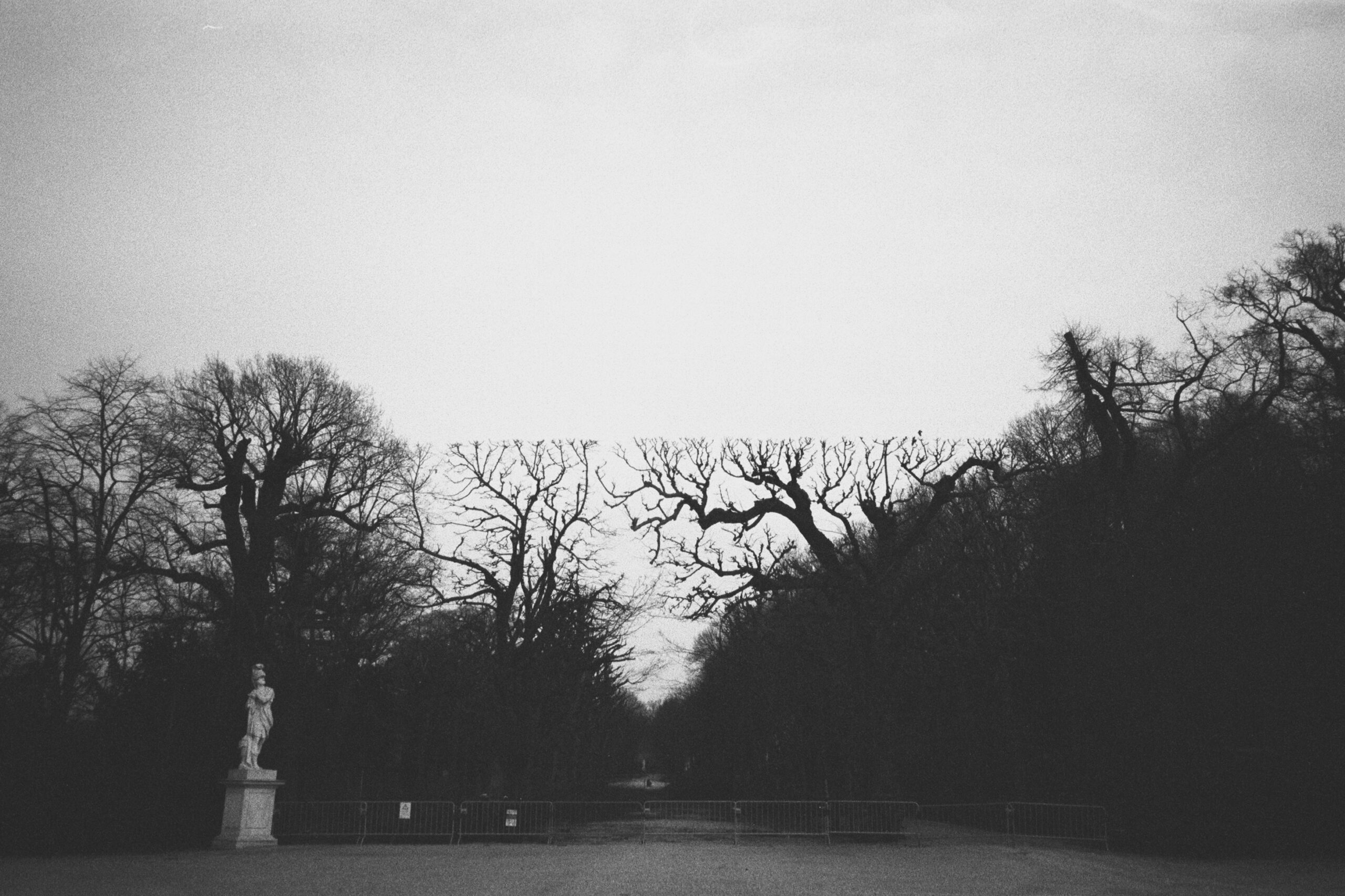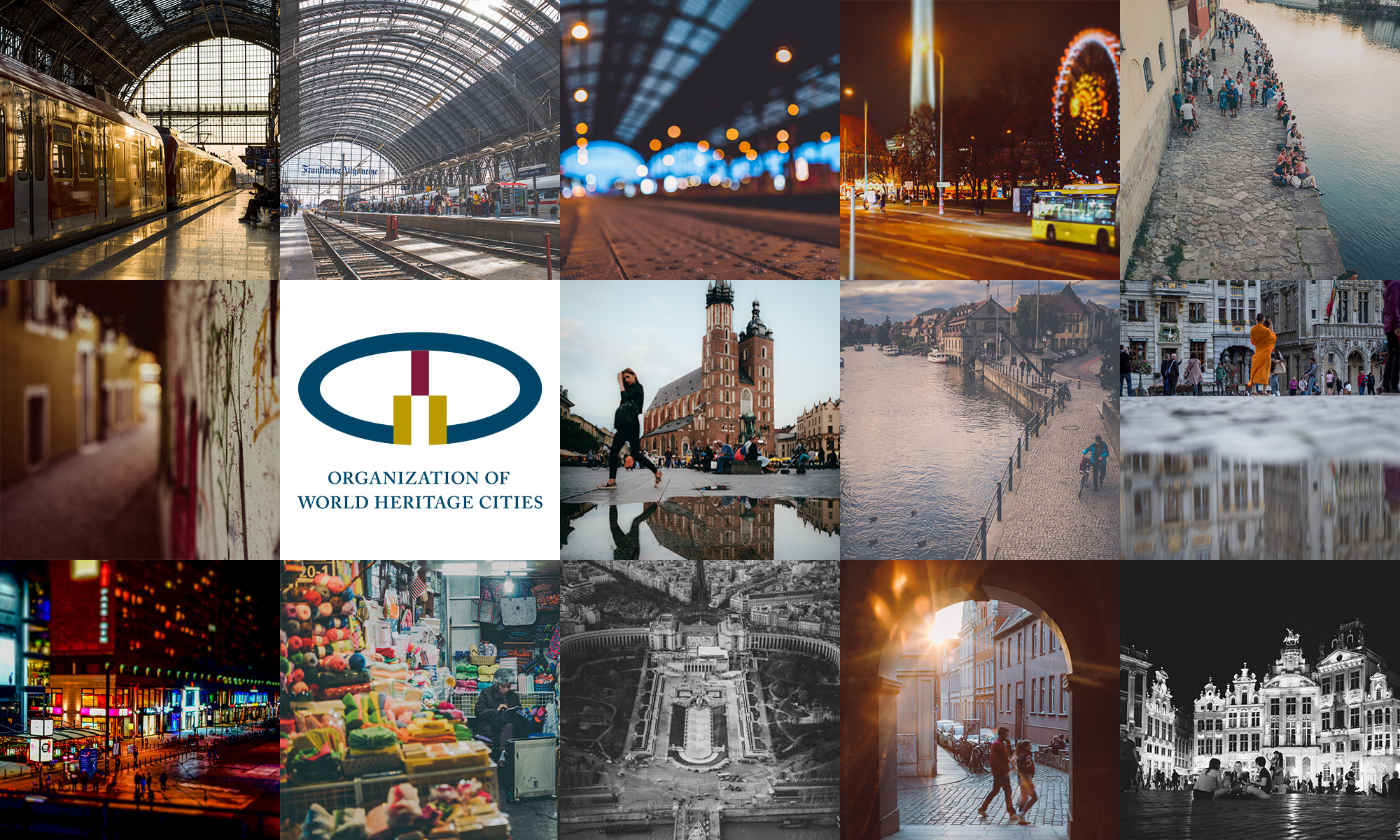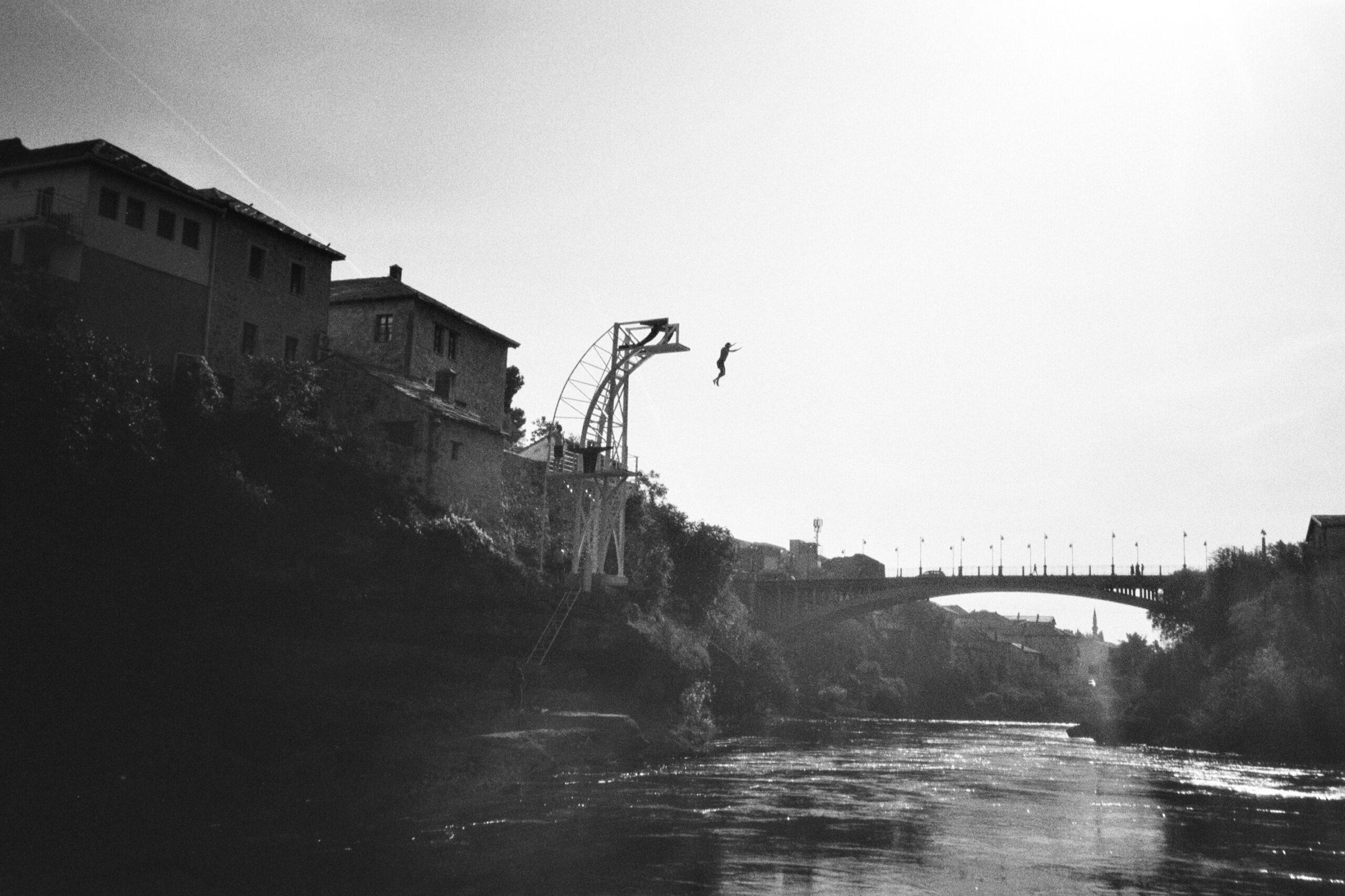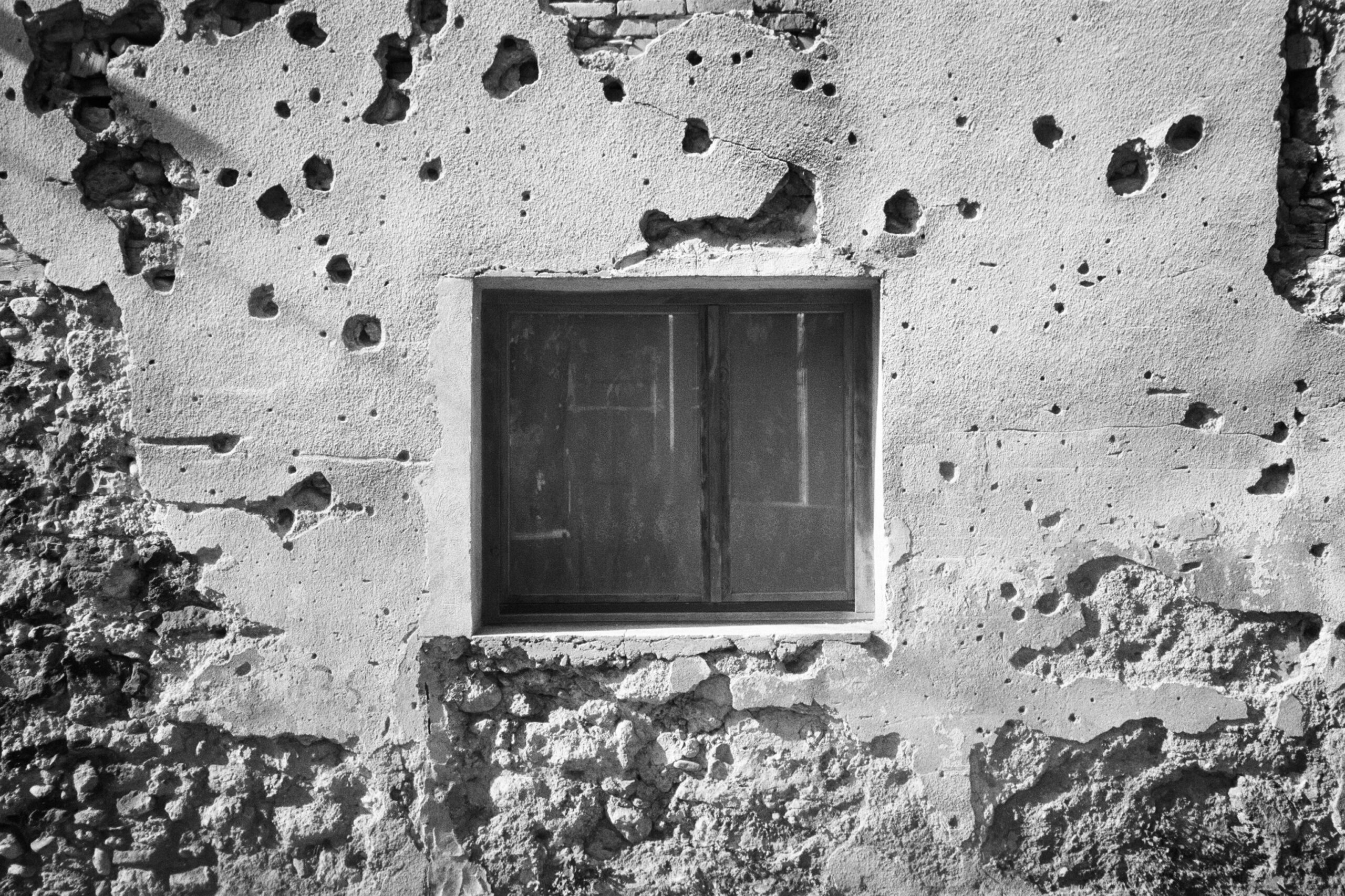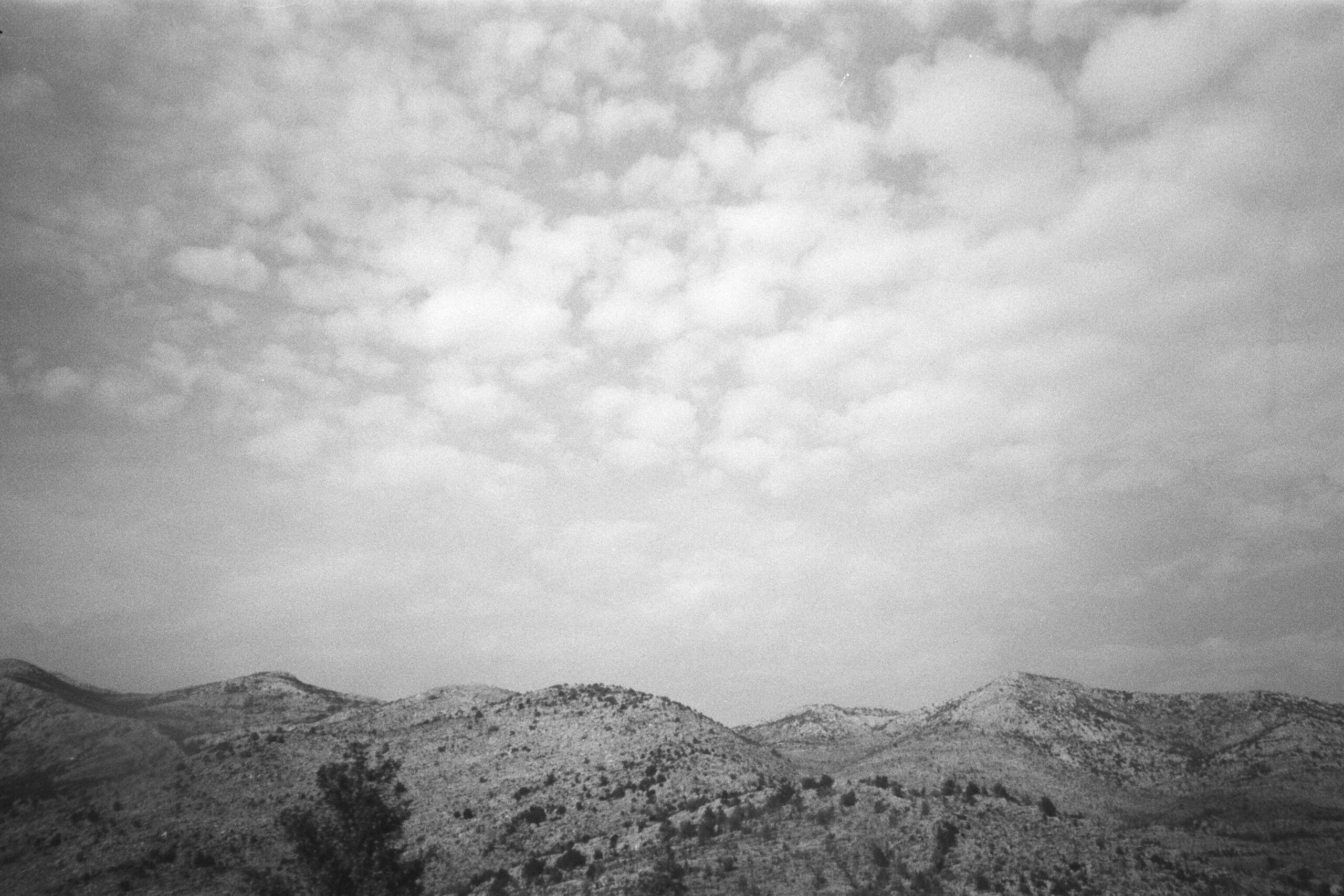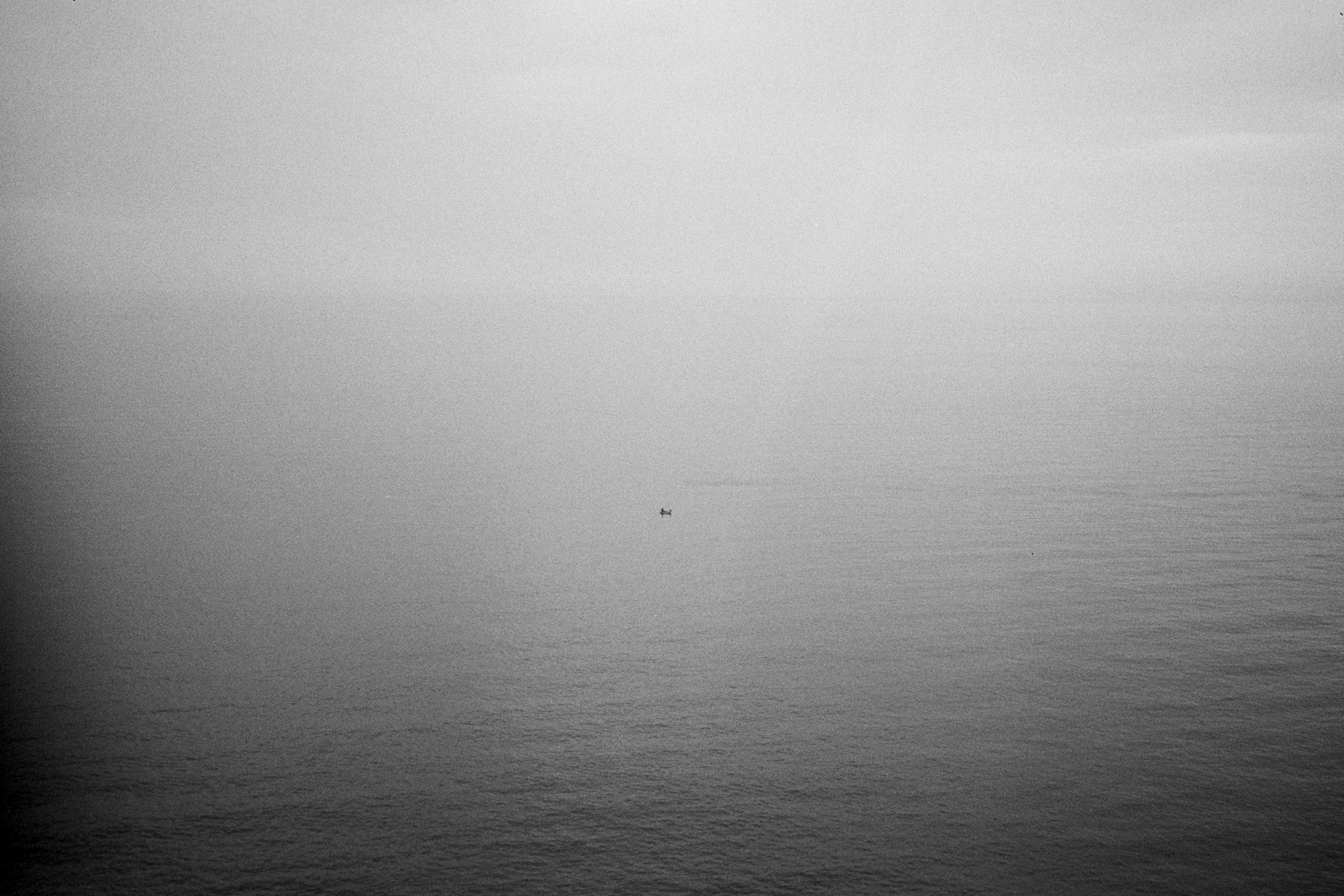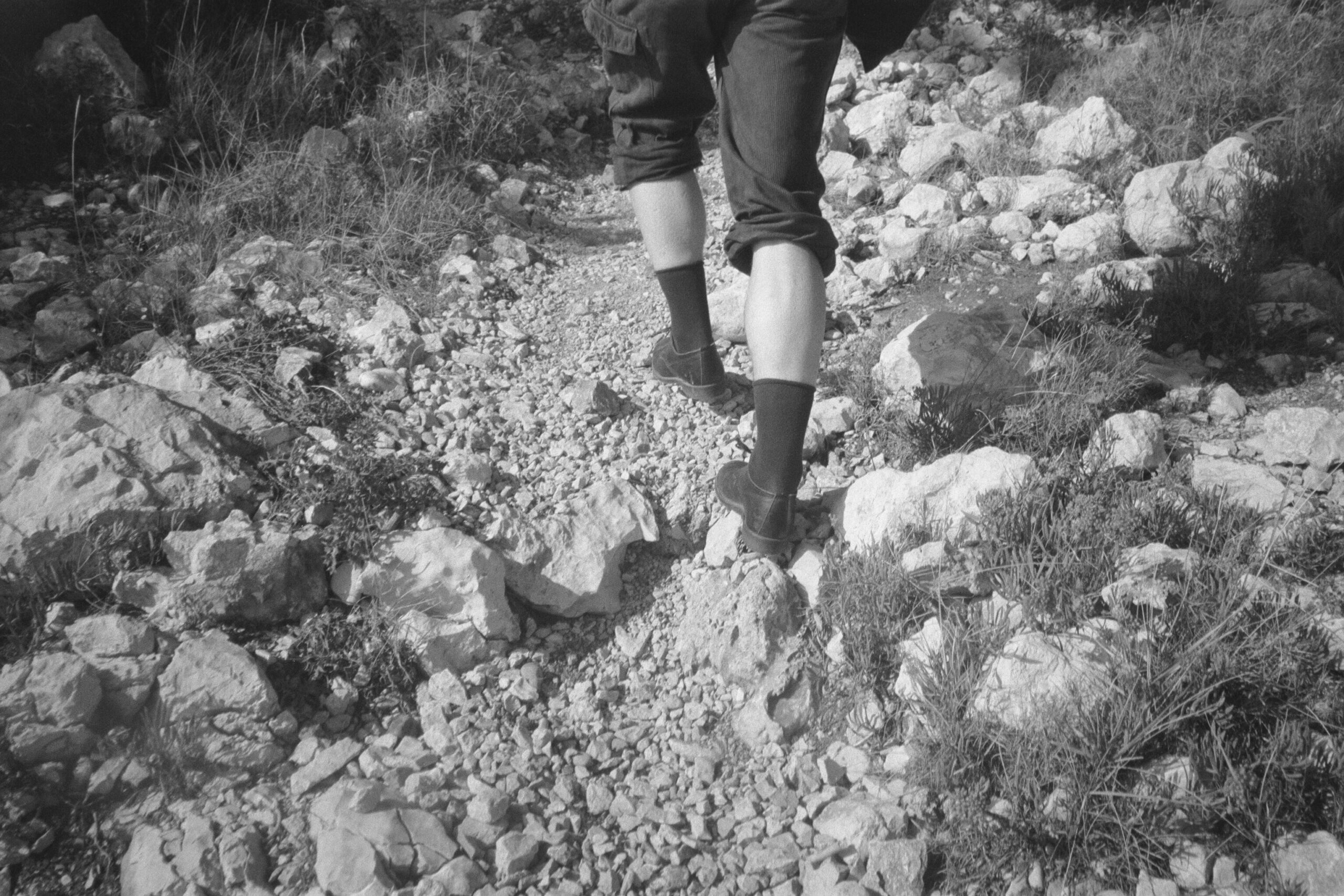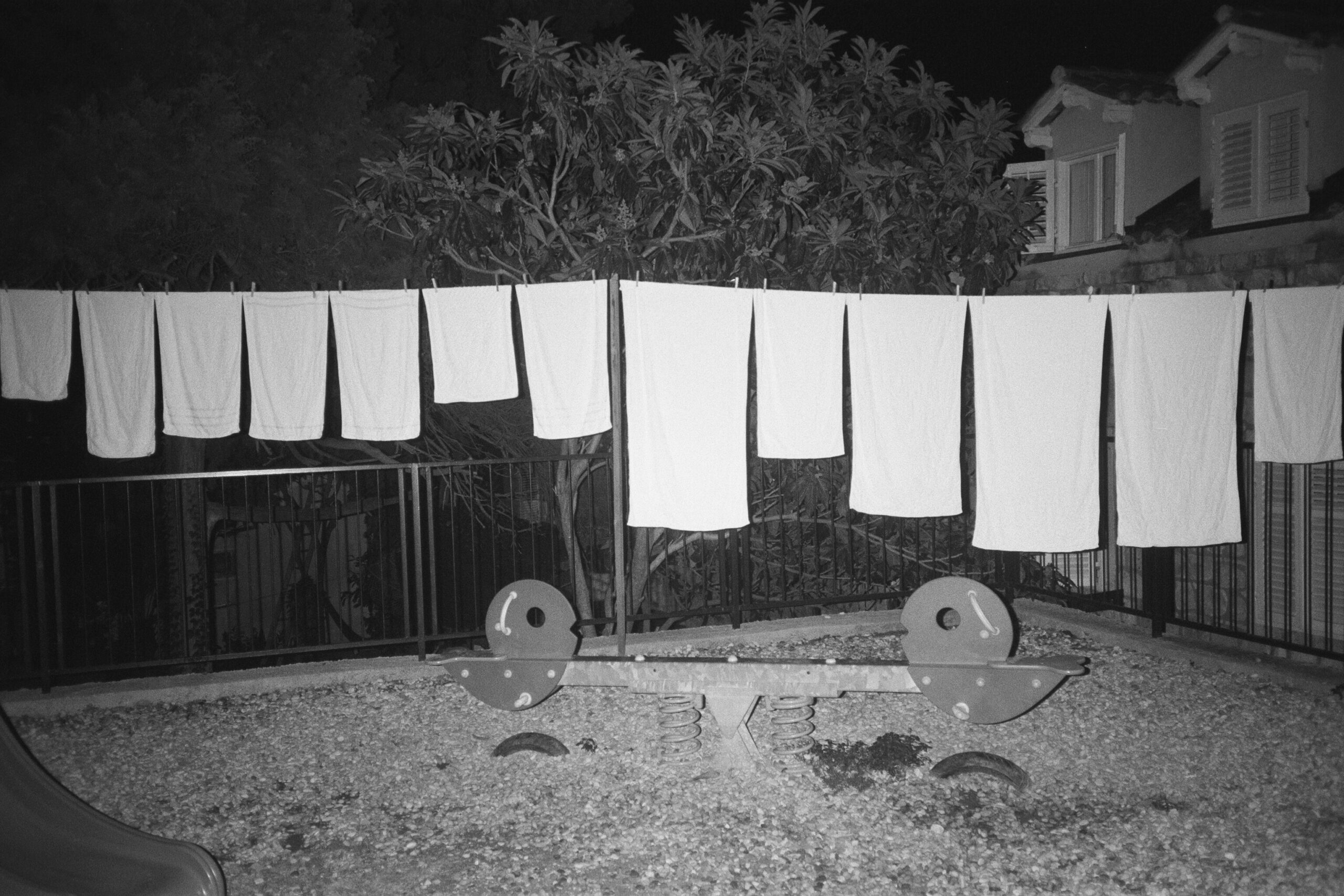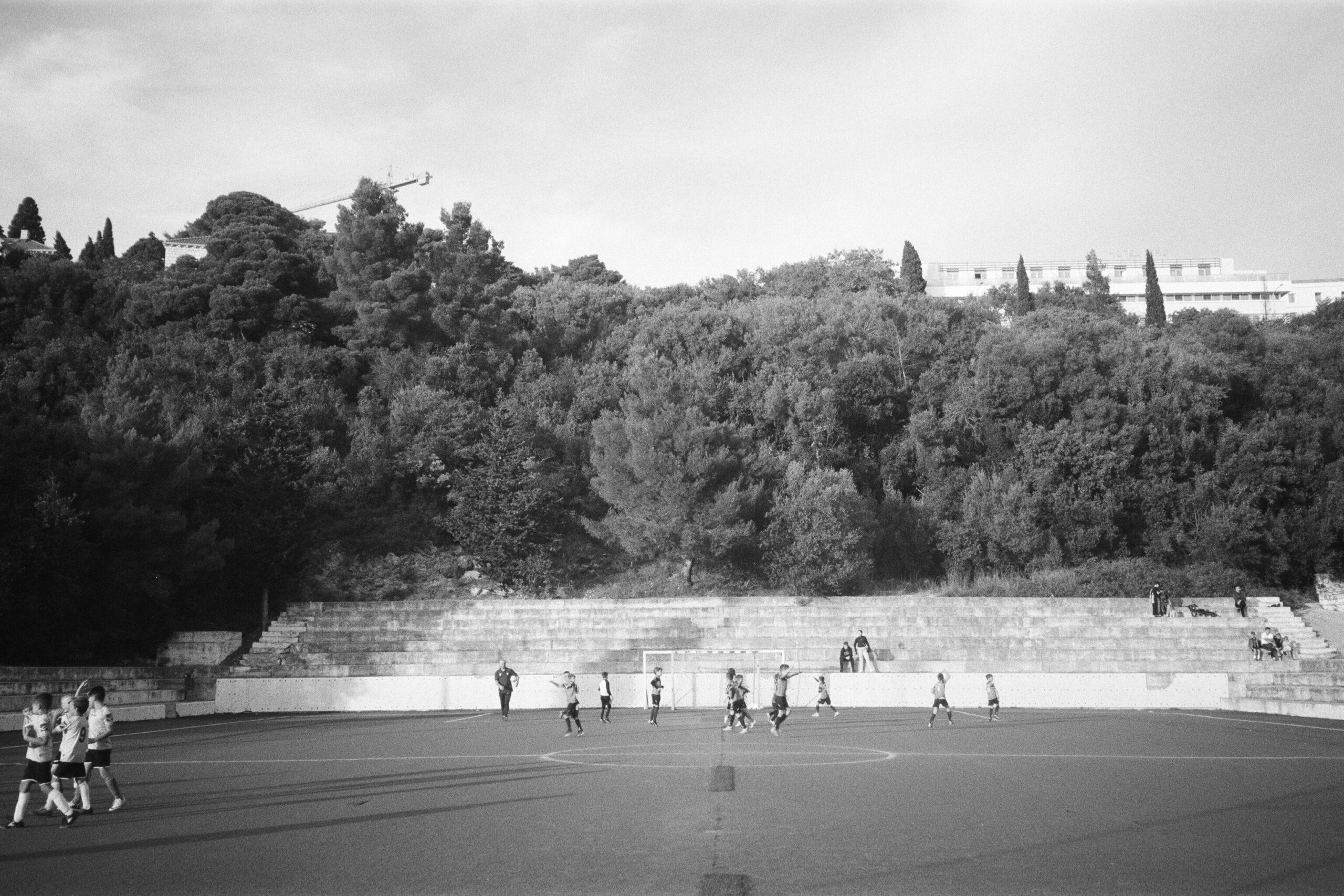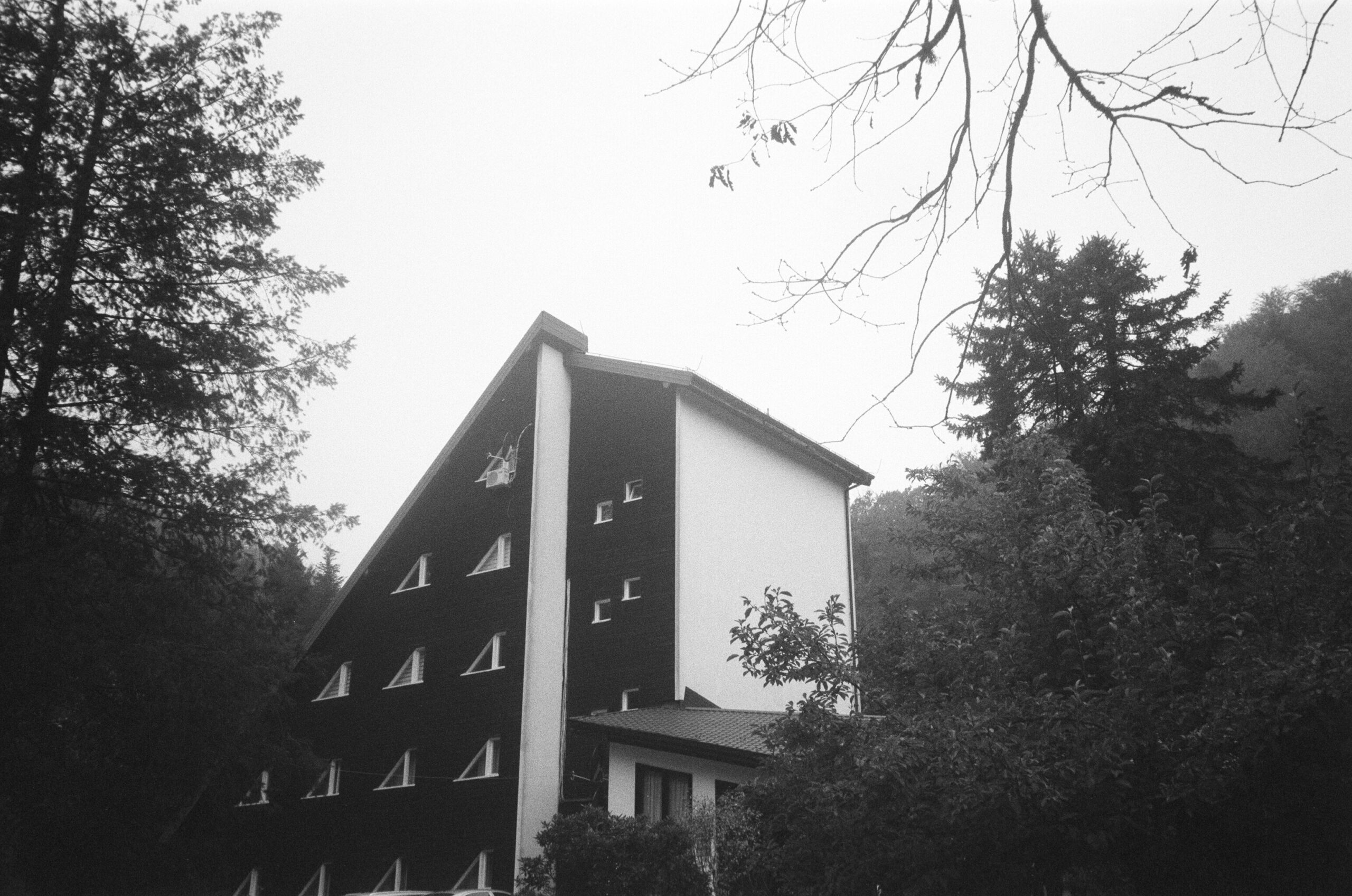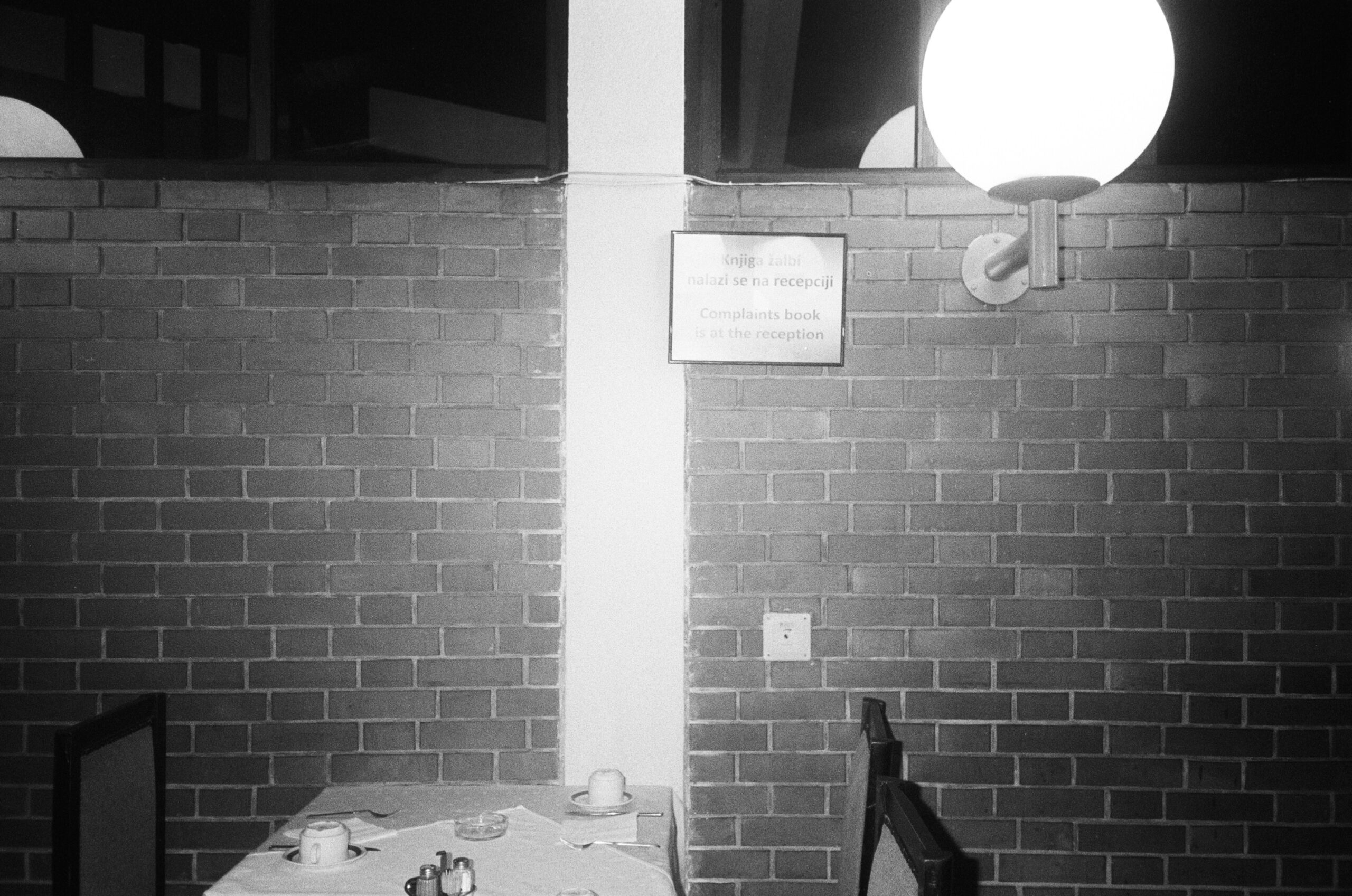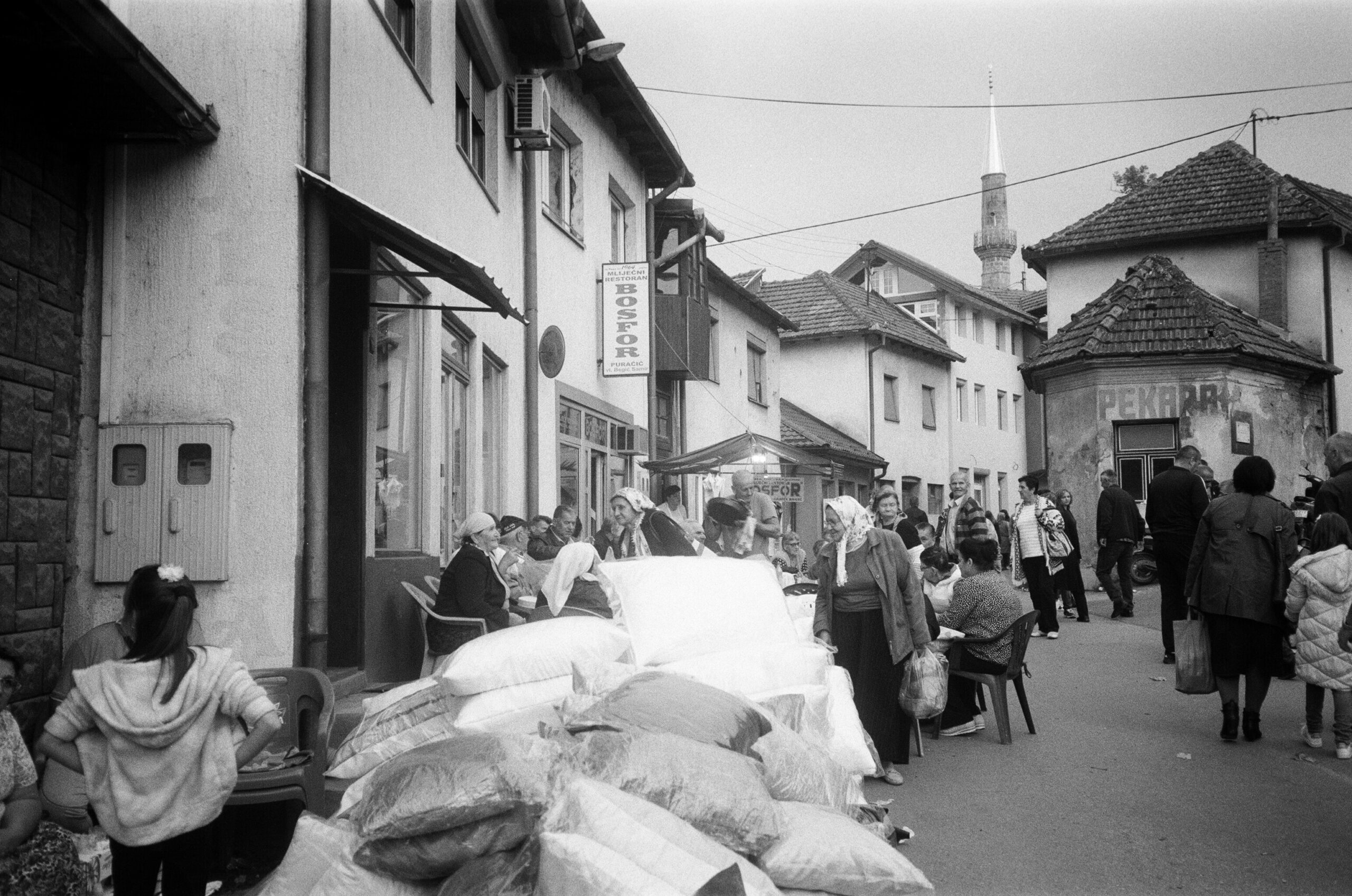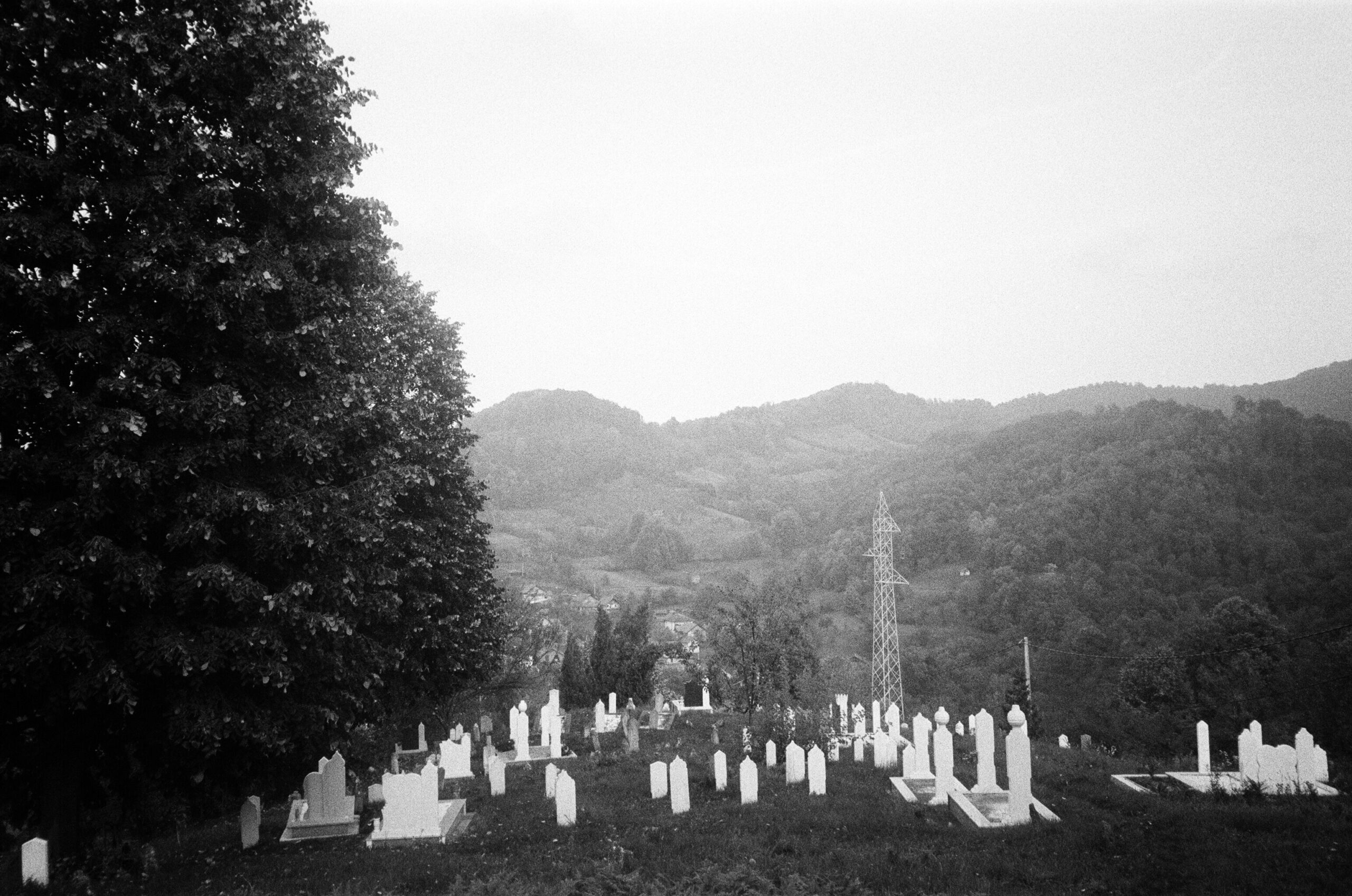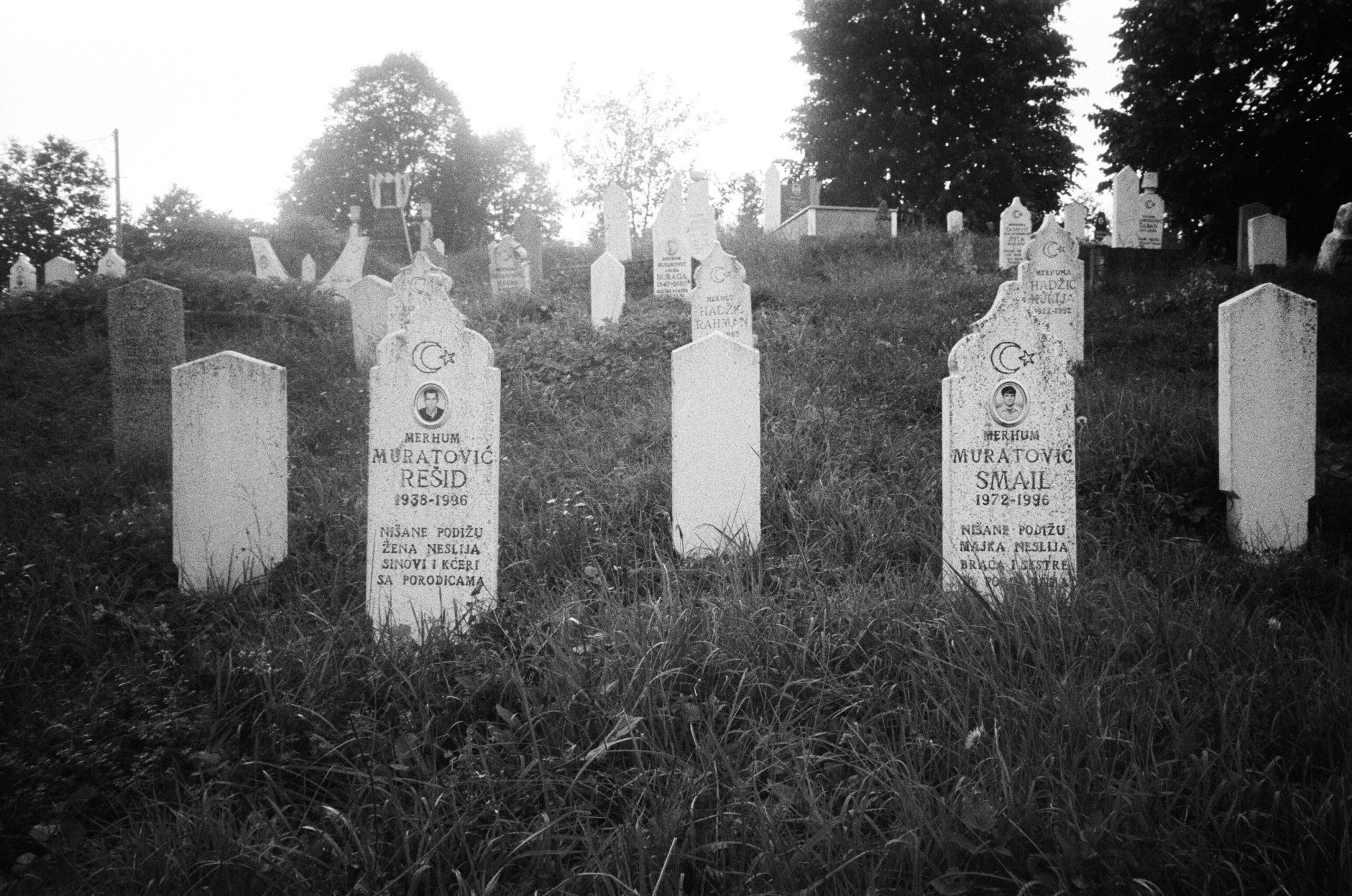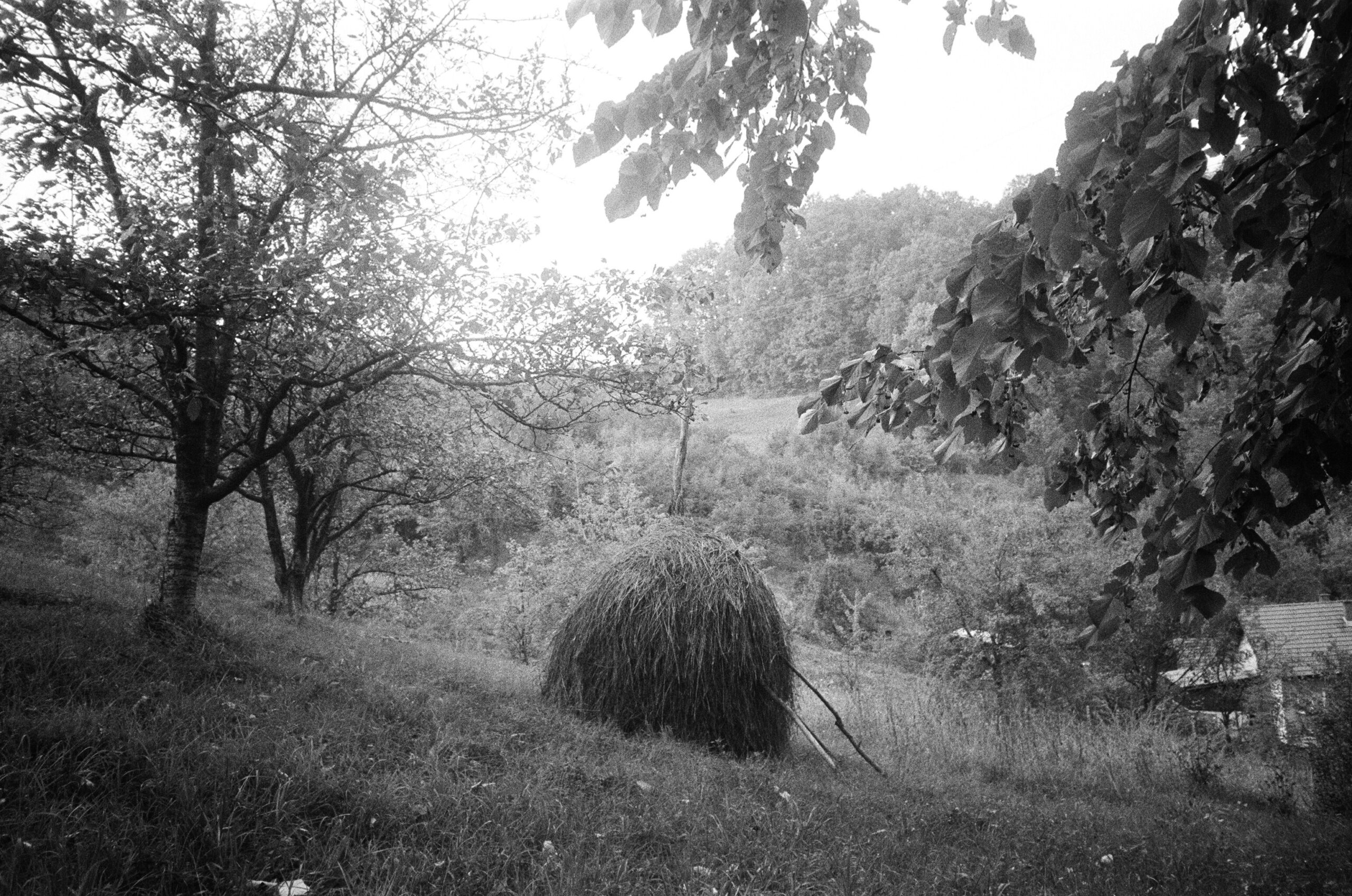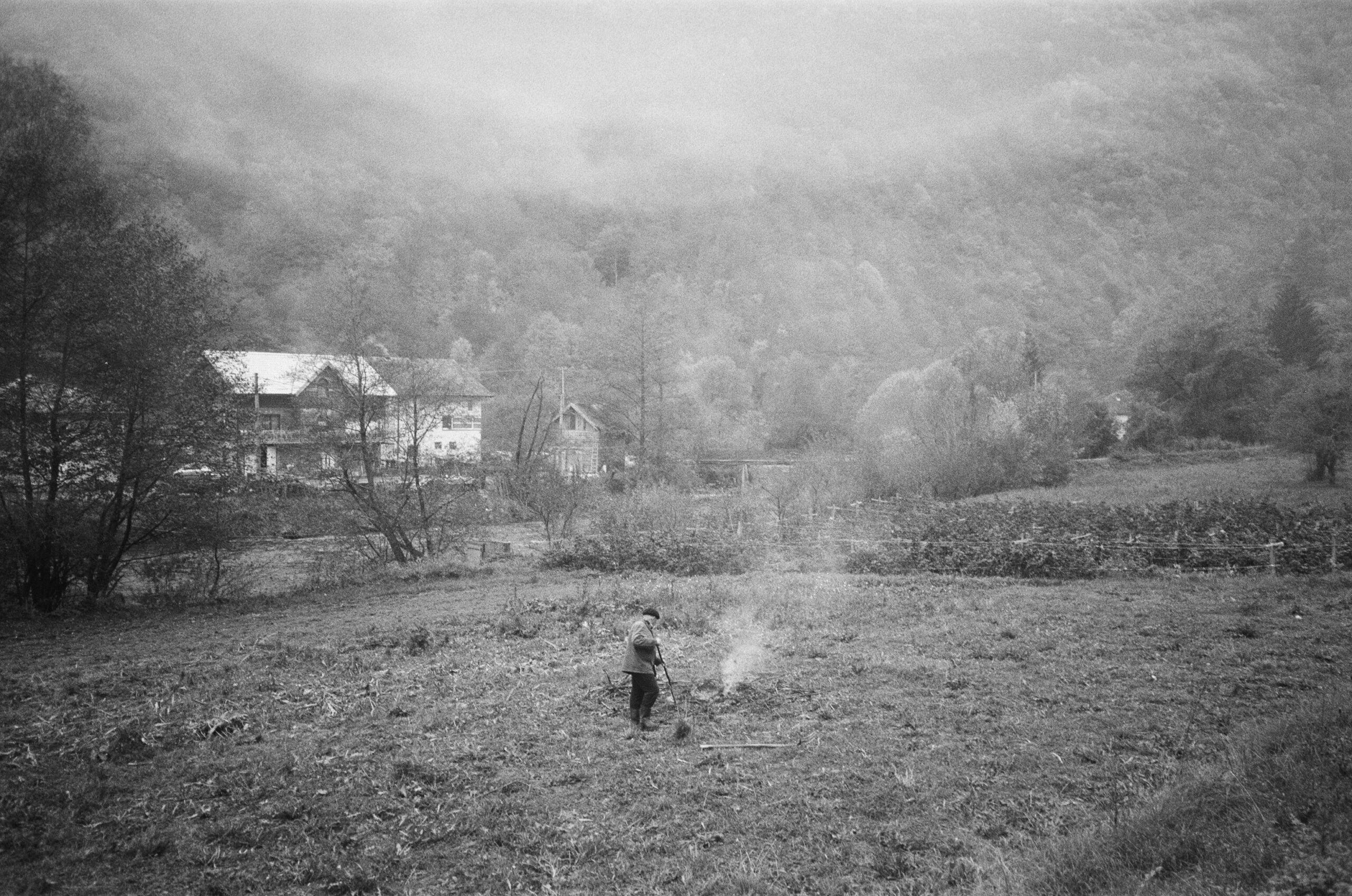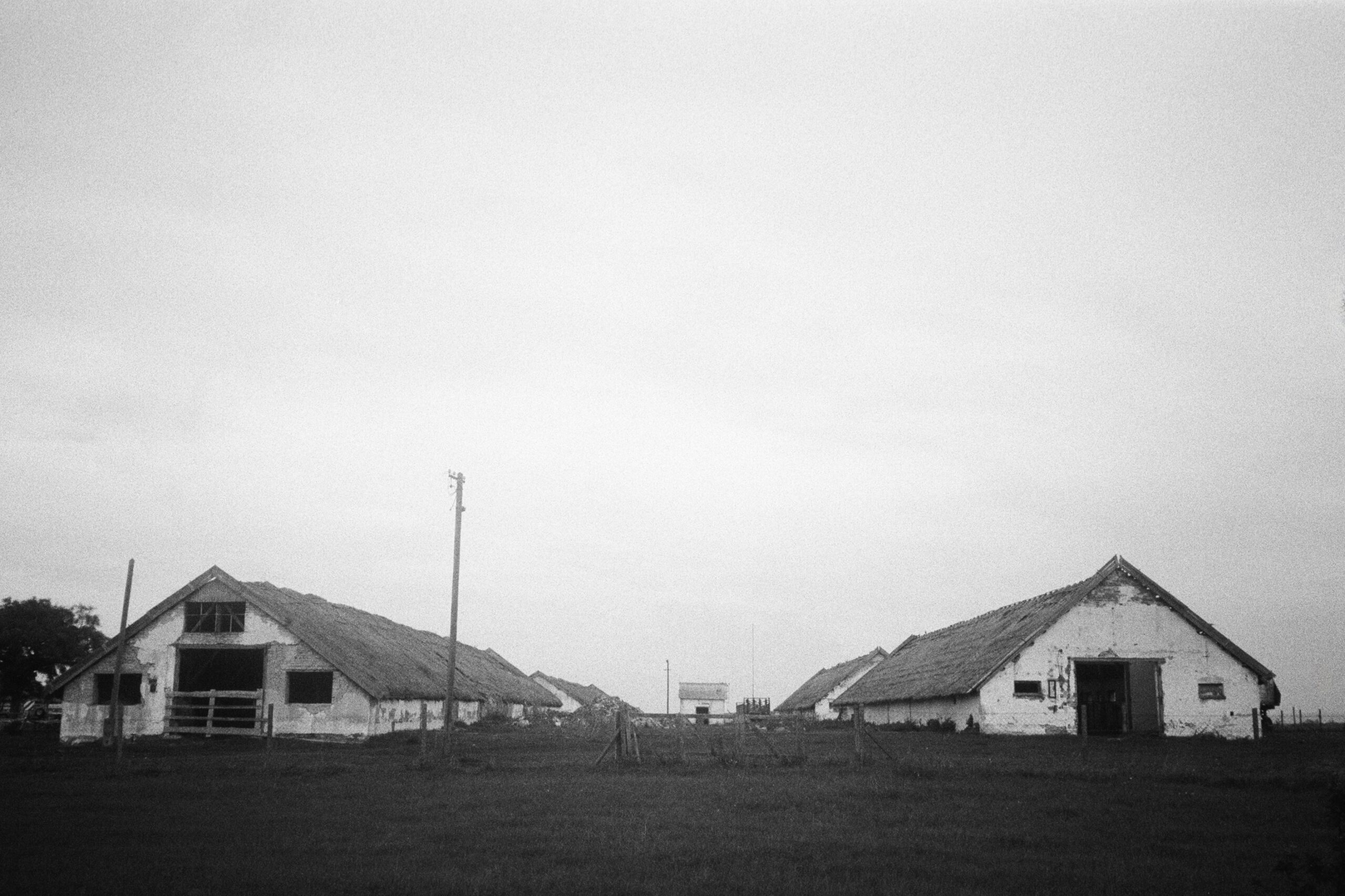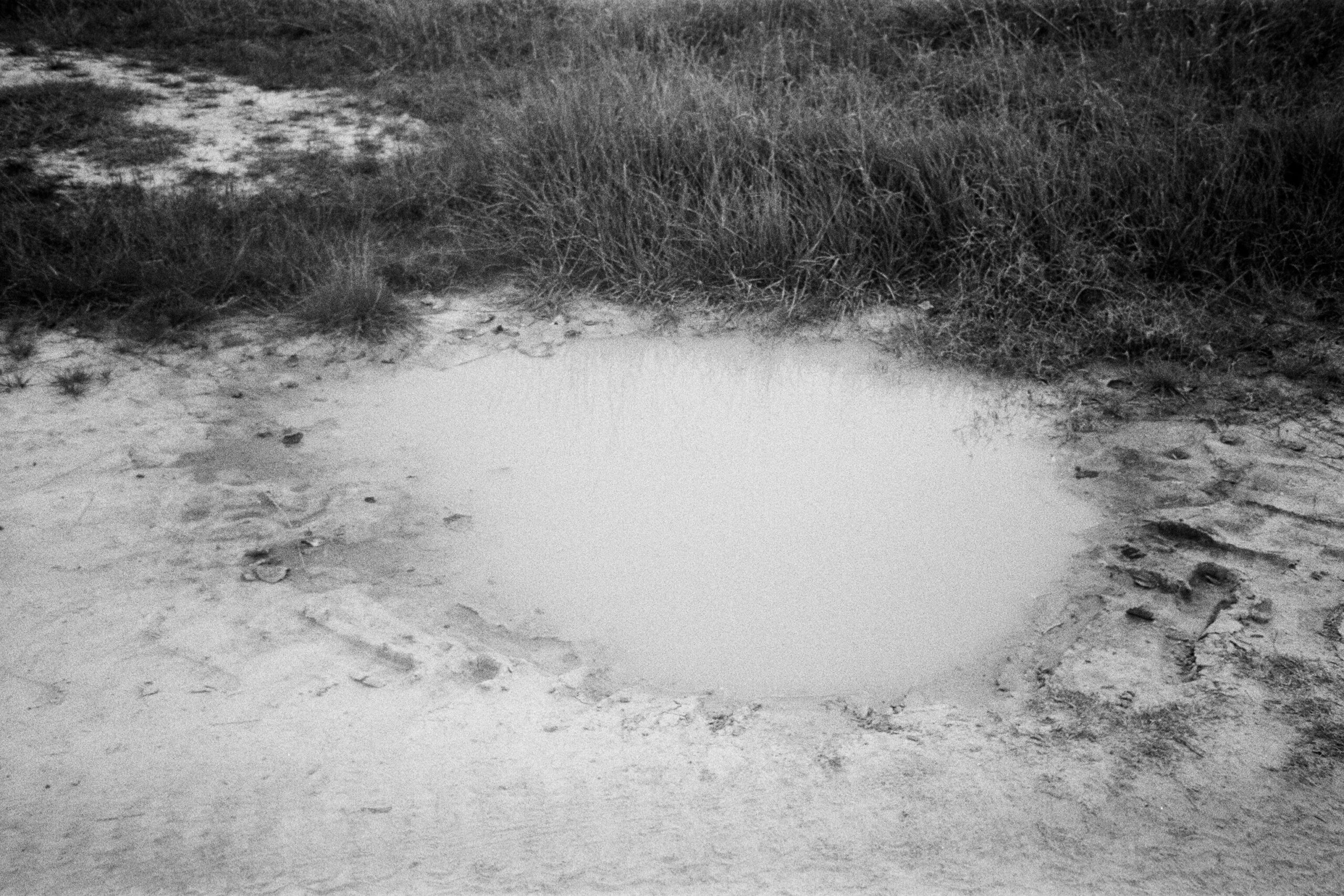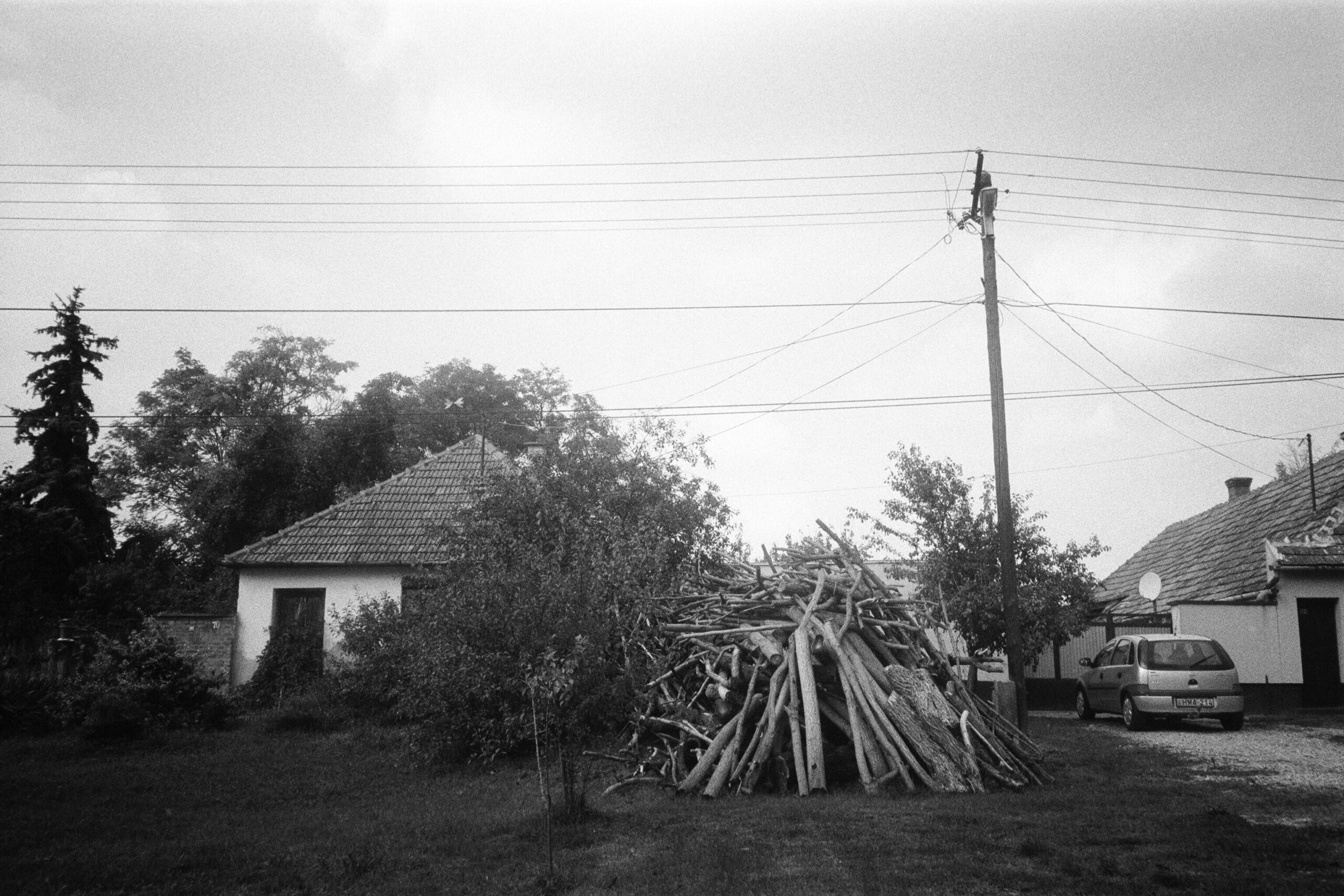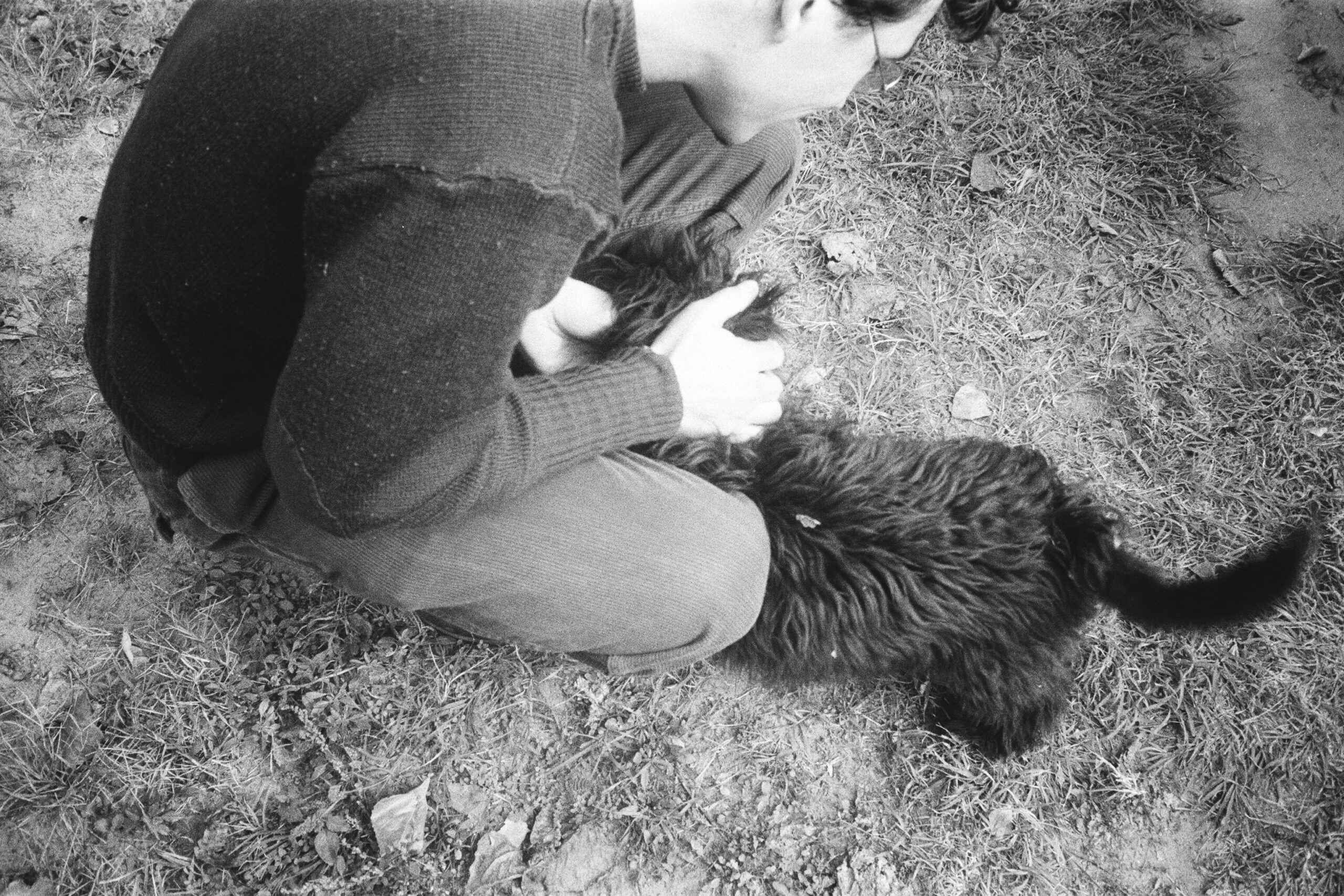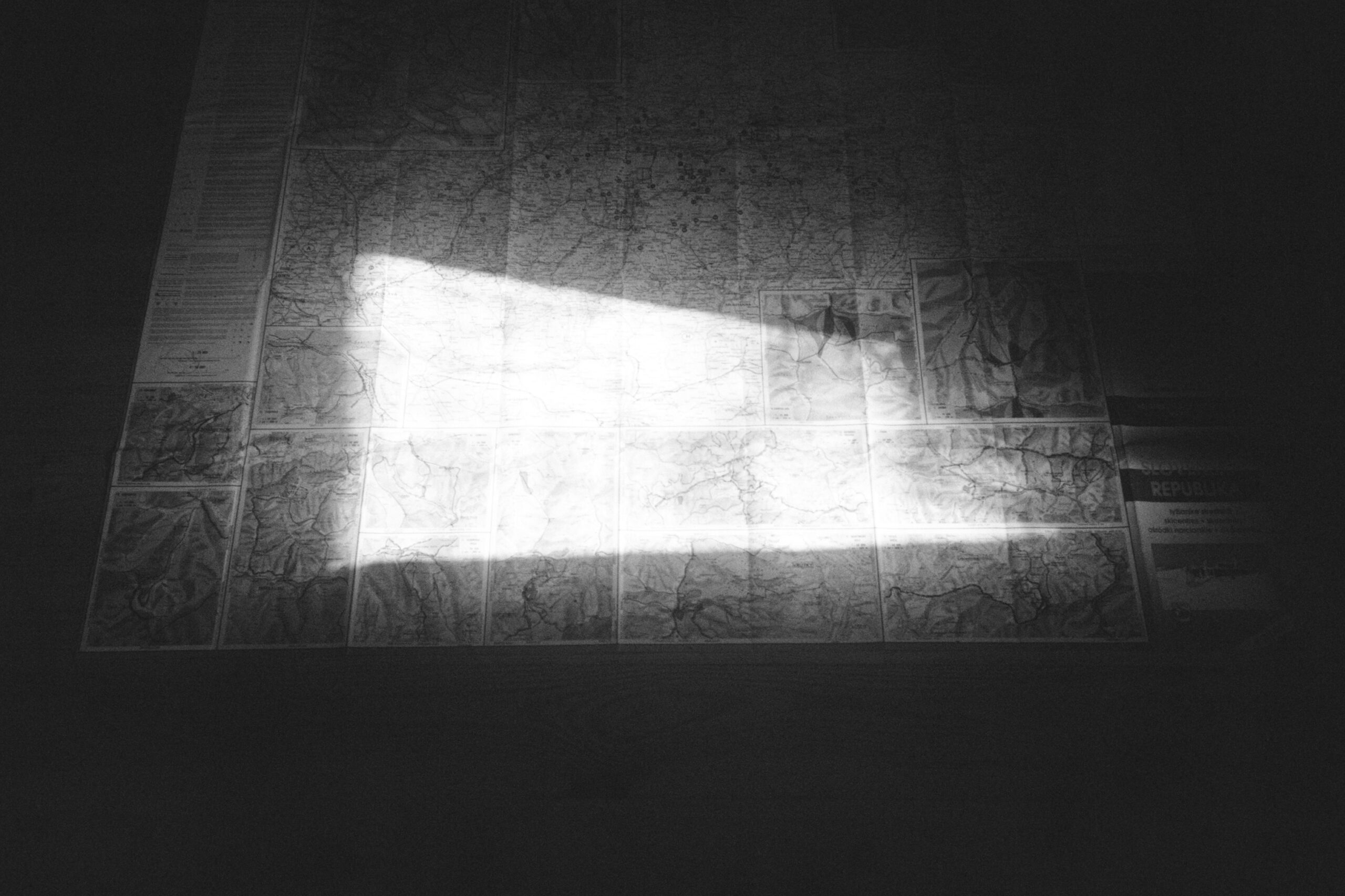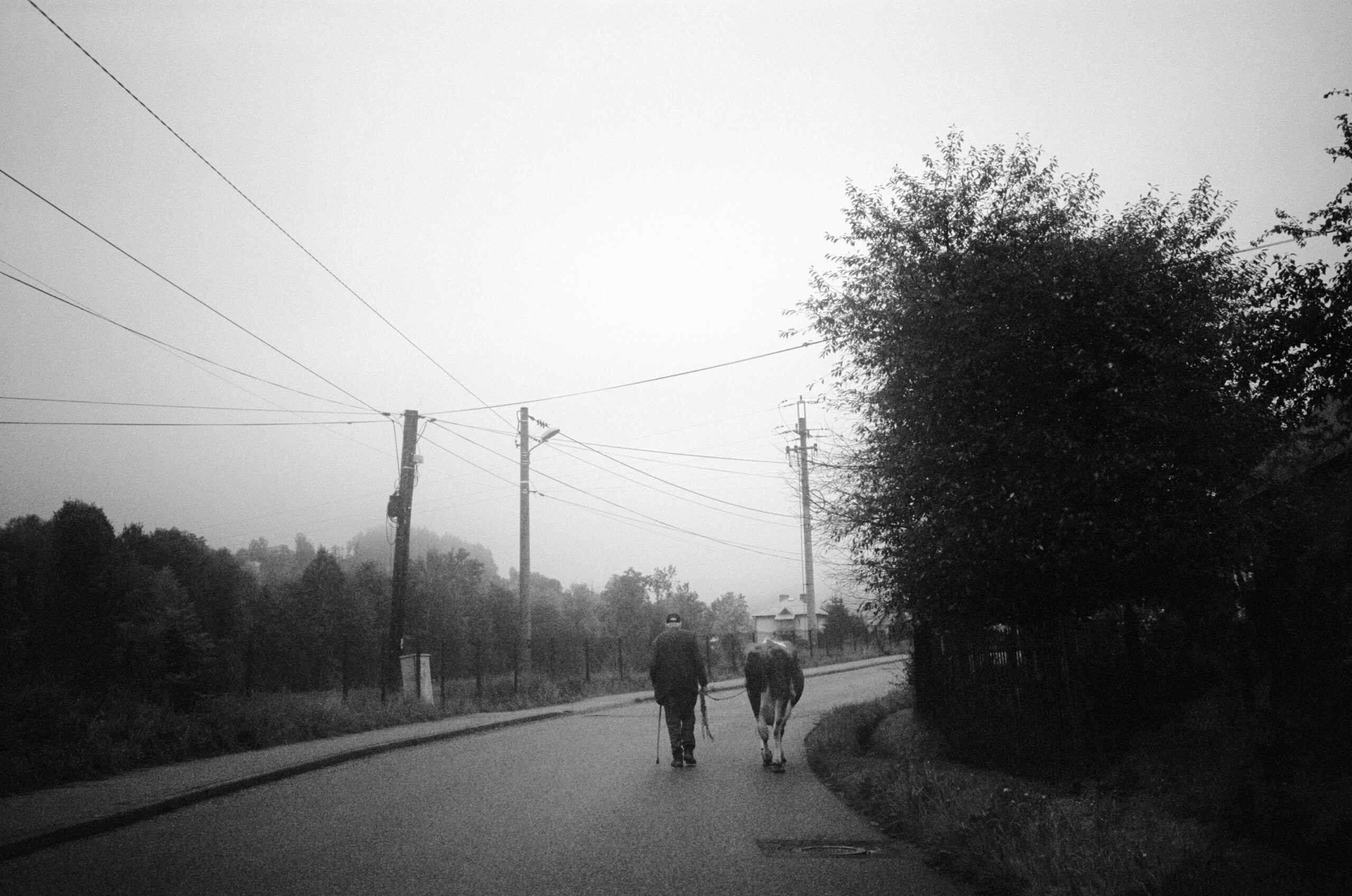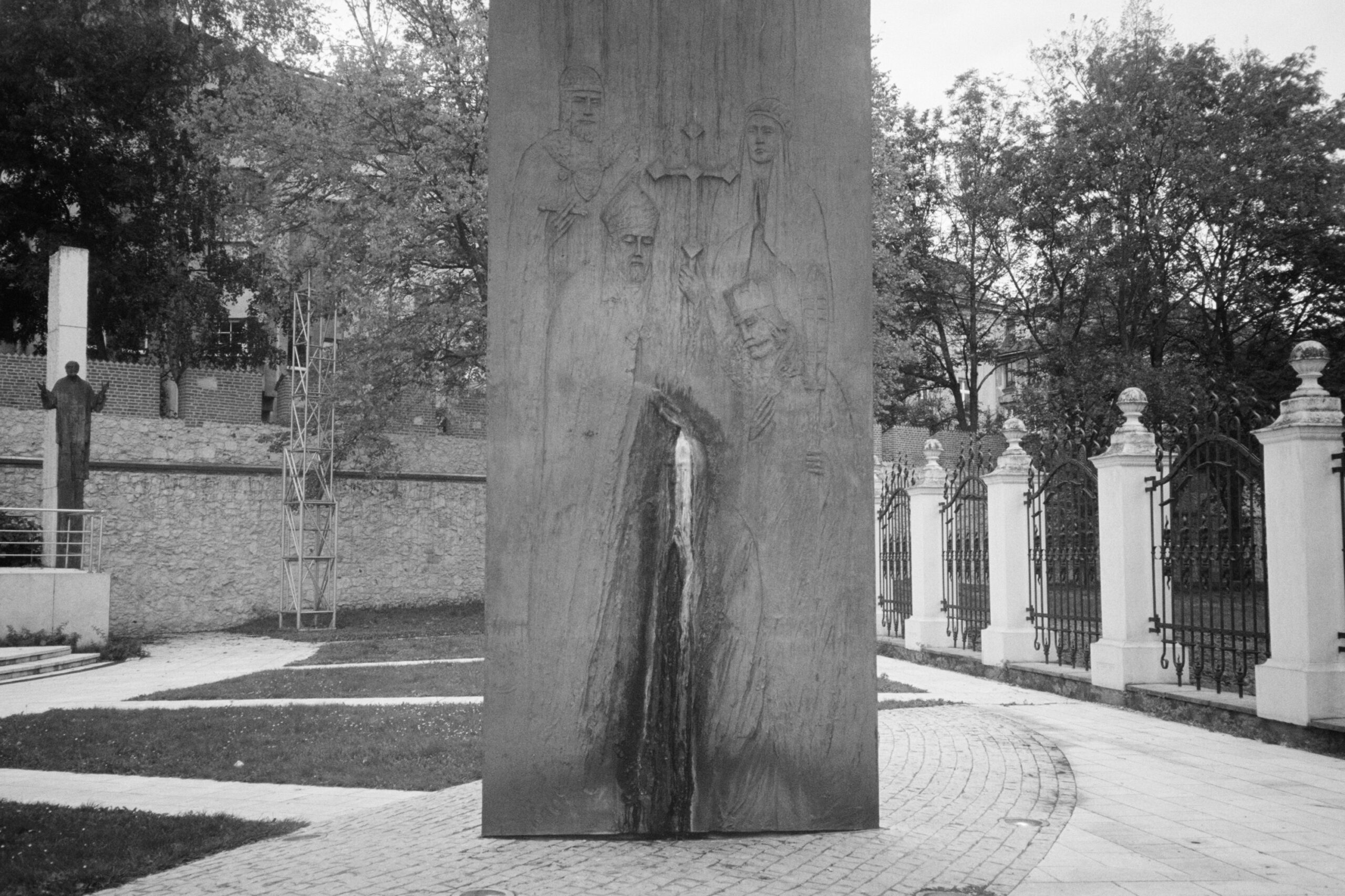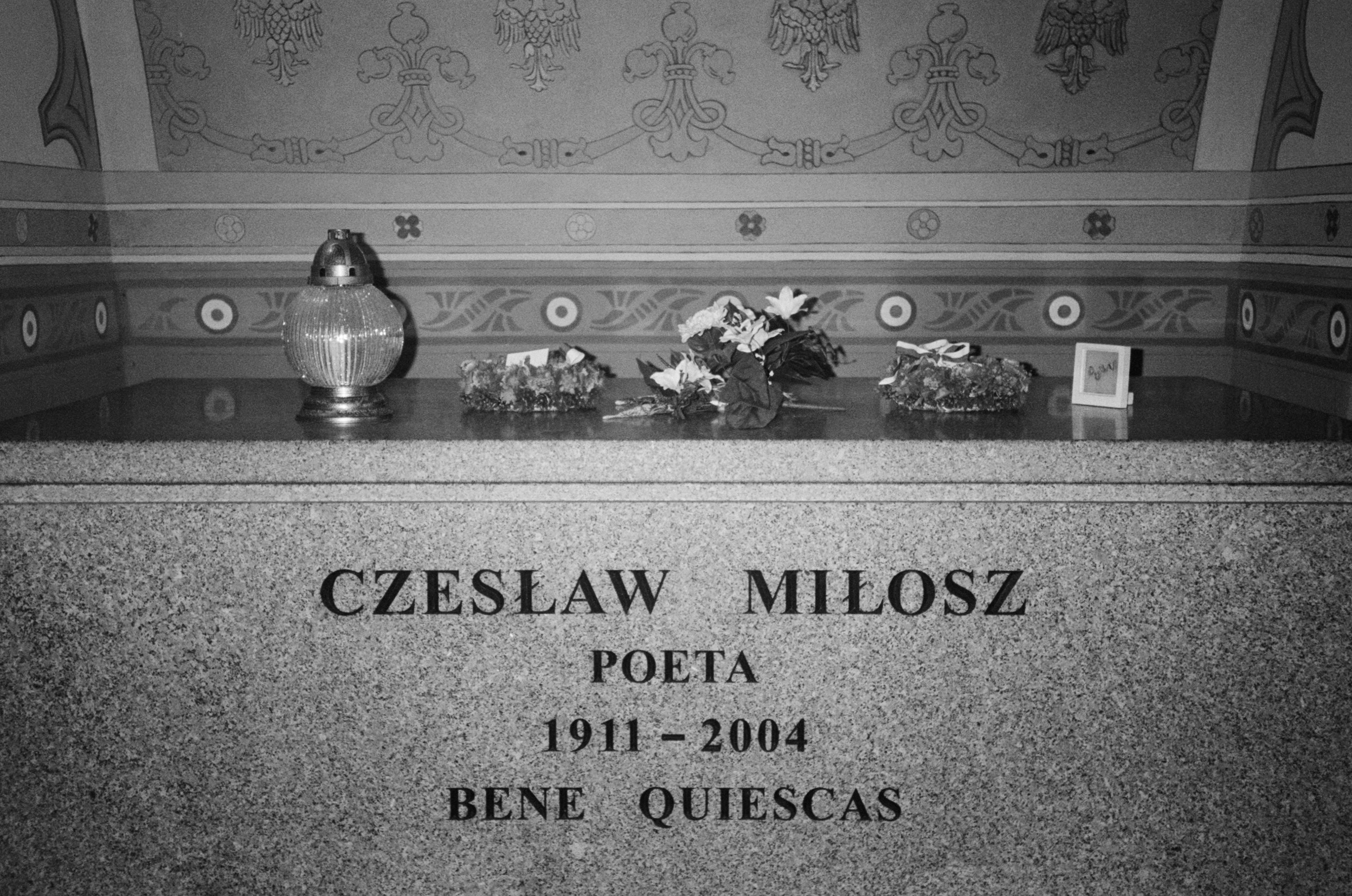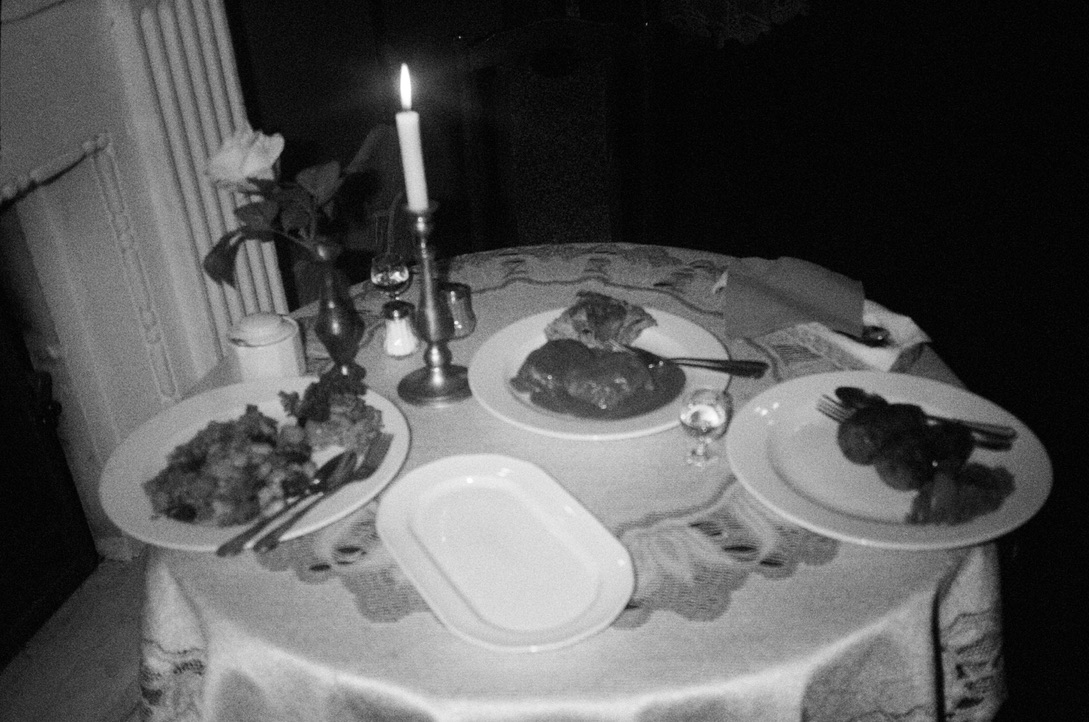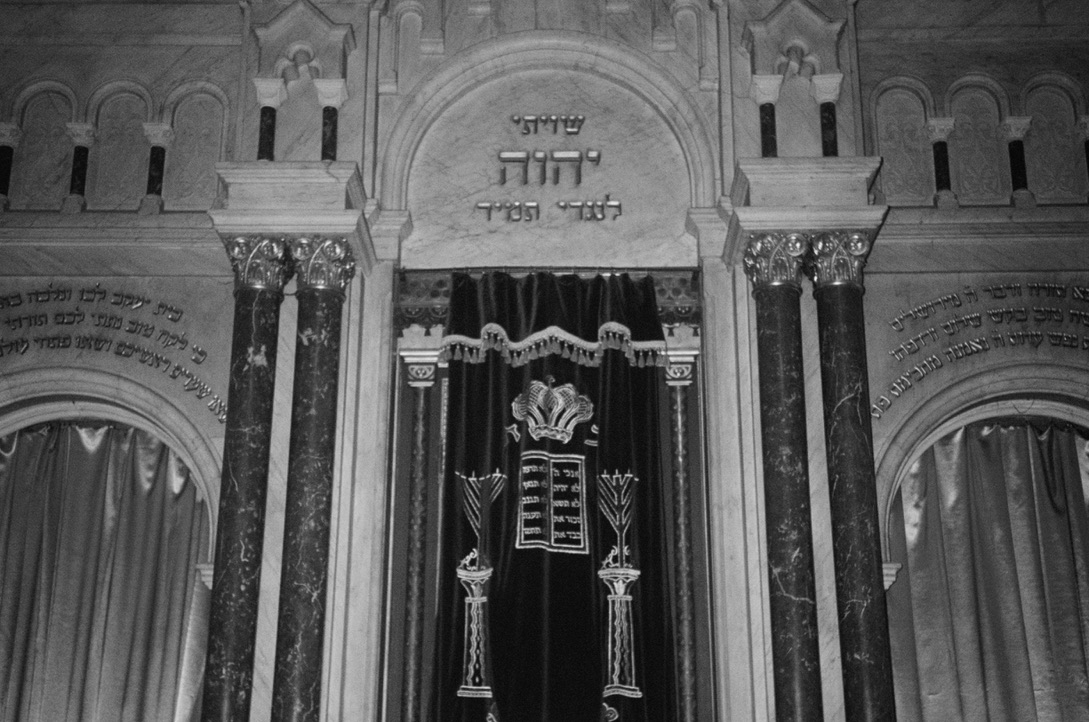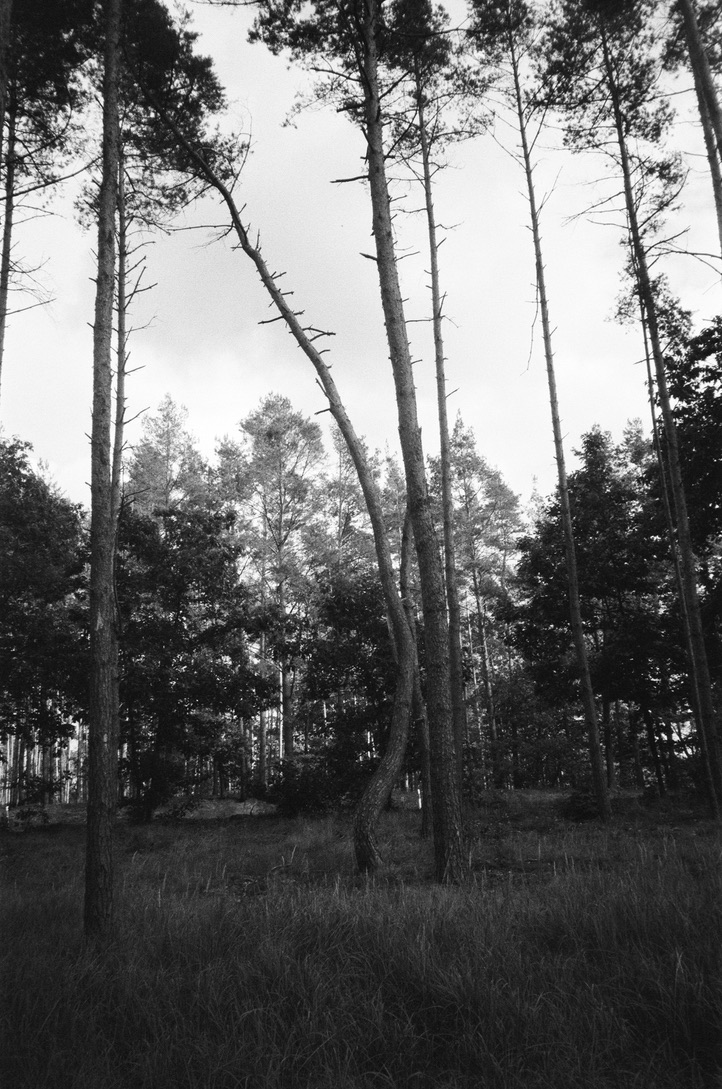At the end of October I decide to head back. Besides the fact that it is now getting dark around four thirty, I have completely run out of money.
There is a long line up at the Croatian border. When it’s finally my turn, a guard pulls me aside, searches my car, and finds some cabbages I bought in Bosnia. He tells me I cannot bring cabbages into the European Union and that I will need to go dispose of them and come back. I do not want to wait in the line up again, I want to go home.
I ask him if I can roll the cabbages over the border. He considers this for a moment, then waves me into Croatia with a sad smile.
I cross over the Drava river and into Hungary around eight or nine. In a remote town in the plains I find a little yellow hotel. It is too pricey for me, but I don’t care anymore. I fall asleep watching a Hungarian news broadcast and dream of an empty boat making its way upstream a river four or five times the width of the Drava. In the morning the woman who owns the hotel cooks me breakfast and waves to me as I pull out of the driveway. I take the Autobahn for the first time since I left Munich and I arrive home around six.
Outside my window a few trees have held onto their leaves as an indication of the spectacular autumn I’ve missed. Within a week of returning, they are completely bare. It begins to rain, then snow. Across the city, the hammering of workers setting up the Christmas markets can be heard. They are hanging lights from the lindens on the Ringstraße, which looks even whiter and cleaner and sadder after all the rain.
I spend December looking for a job. A friend of a friend chips her tooth and gives me her ticket to the premier of As You Like It at the Burgtheatre. I buy standing area tickets to the Musikverein, where the Györ Philharmonic Orchestra plays a Mozart concerto. The crowd, strung with pearls, claps wildly. The little white haired Hungarian conductor bows deeply.
